Grafted Kagzi Nimbu or Lemon Plant
Bring home a grafted kagzi nimbu or lemon plant to enjoy tangy lemons with multiple health benefits and culinary uses. The enhanced fruiting and resistance to disease make this lemon plant easy to care for and maintain at your place. The continuous and high-quality lemons, along with their aromatic leaves with antibacterial properties, make this plant a must-have for your gardens.
How to Care for your Grafted Kagzi Nimbu or Lemon Plant?
Here are some of the easy but effective guidelines to care for your kagzi lemon plant:
- Soil
Go ahead with a light, airy, well-draining, and nutrient-rich soil for growing your grafted kagzi nimbu or lemon plant. Don’t prefer heavy soils, which can create root rot. - Water
The grafted kagzi nimbu or lemon plant requires twice or thrice watering weekly. However, you must go ahead with watering only when the soil of the lemon plant starts to feel dry. - Light Requirements
This plant loves sunlight, and hence, you must ensure around six to eight hours of direct sunlight for your lemon plant. When growing indoors, place it near the window. - Temperature and Humidity
This plant grows well in the temperature range of 25 to 35 degrees Celsius. However, it has adapted well to the Indian climate and requires humidity between 50-60% at your place. - Pest
Your grafted kagzi nimbu or lemon plant has increased disease and pest resistance. However, you may use high-quality pesticides to eliminate the risks of pests for your lemon plant. - Fertilizer
The grafted kagzi nimbu or lemon plant may require once or twice monthly fertilization. It helps in replenishing the nutrient content in the soil for the best overall plant development. You can select high-quality dry or liquid fertilizer for your lemon plant. - Pruning and Maintenance
You may need to prune your grafted lemon plant when it grows properly. You may remove the dead leaves or branches to maintain the aesthetic appeal of the plant and ensure the best fruiting.
Key Features and Benefits of Grafted Kagzi Nimbu or Lemon Plant
The top features and prominent benefits of your kagzi nimbu plant are:
- Unique LooksThe
The grafted kagzi nimbu or lemon plant has a compact yet attractive size, making it ideal for your terrace gardens or home gardens. The aromatic leaves with attractive yellow lemons make it a beautiful addition to your place. - For Beginners
Beginners in gardening can start their journey with plants confidently by selecting the lemon plant. The low maintenance, along with no strict care needs, makes it fit the schedule of busy gardeners. - Vastu Benefits
The grafted kagzi nimbu or lemon plant protects your place against the negative energies and enhances prosperity at your place. It brings a sense of purity and ensures prosperity at your place. - Air Purification
It helps in air purification at your place by absorbing carbon dioxide and releasing oxygen in the surroundings. Further, it freshens the atmosphere by regulating humidity. - Grafted Benefits
It has early and vast fruit production compared to the non-grafted varieties. Further, its enhanced disease resistance and ability to withstand different environmental conditions enable it to enjoy better health and nutrient-rich fruits.
So, a grafted kagzi nimbu or lemon plant is all you need next in your kitchen gardens or indoor gardens. It is an easy-to-care-for and maintain plant with the least demanding factors, like watering or fertilization. It helps enhance your gardens with its unique looks, beginner-friendly, vastu benefits, and grafted benefits with minimal needs. Visit Upjau, the best online plant nursery in India today, and order your Kagzi nimbu plant now!
FAQs
Q. What is the difference between a lemon plant and a kagzi lemon plant?
The difference between the general lemon plant and the kagzi lemon plant is that the general lemon plant has a specific fruiting season, while the kagzi variety offers years around lemons.
Q. Is grafted lemon plant better?
A. Yes, a grafted lemon plant is better than a normal variety due to its increased fruiting, disease resistance, and long-term productivity.
Q. How long does a grafted lemon plant take to start fruiting?
A. A grafted lemon plant can start fruiting as early as it’s grown well and relatively faster than the normal lemon plants.
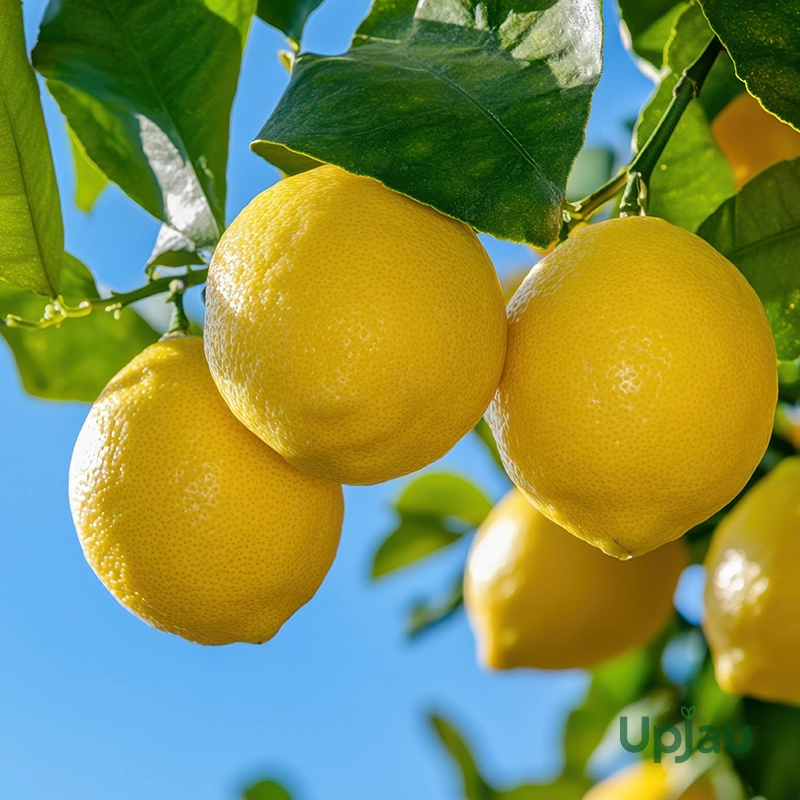

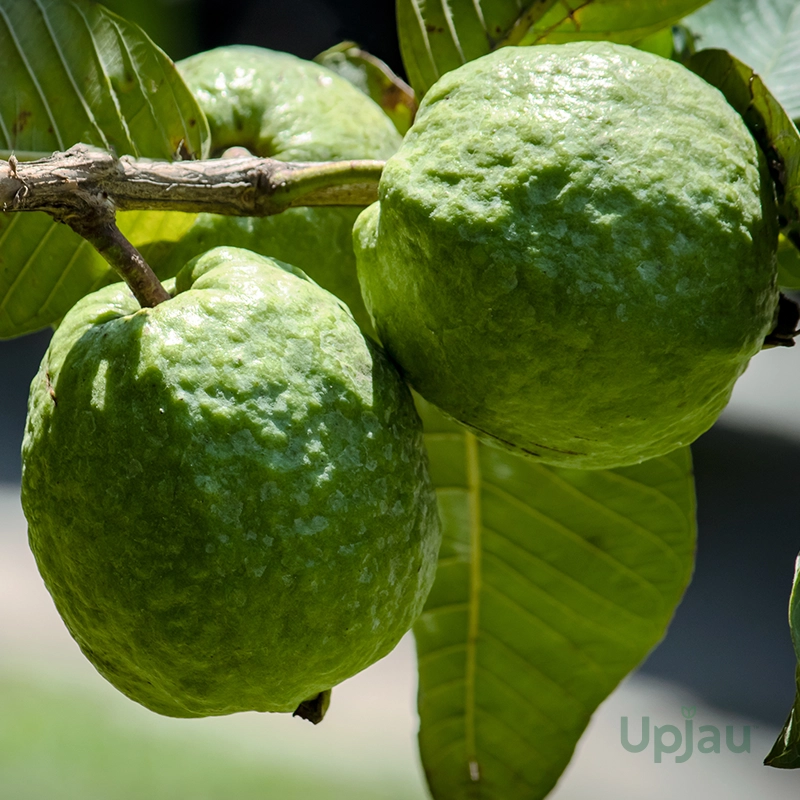
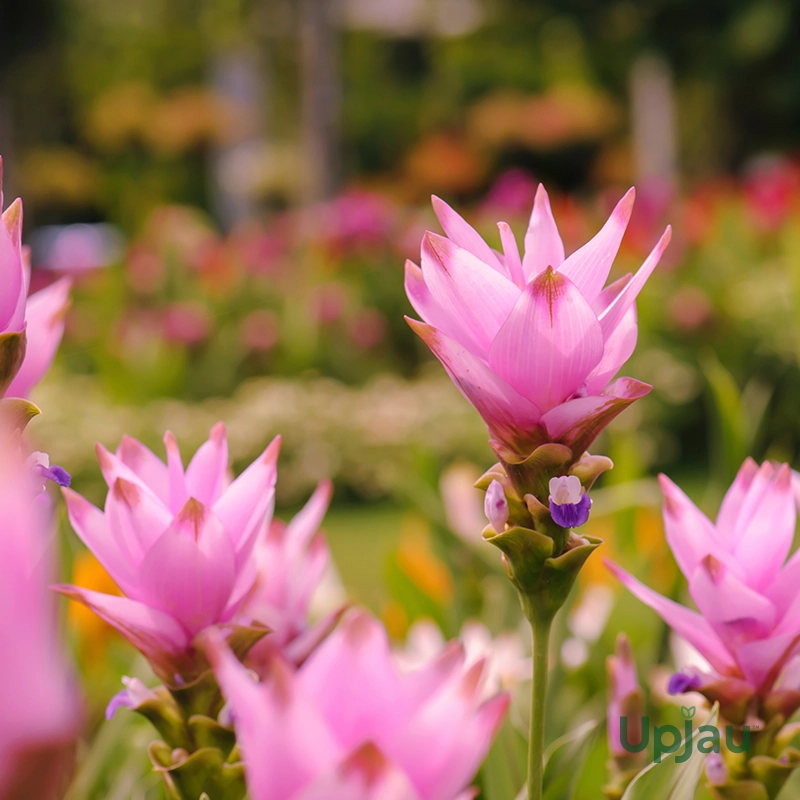

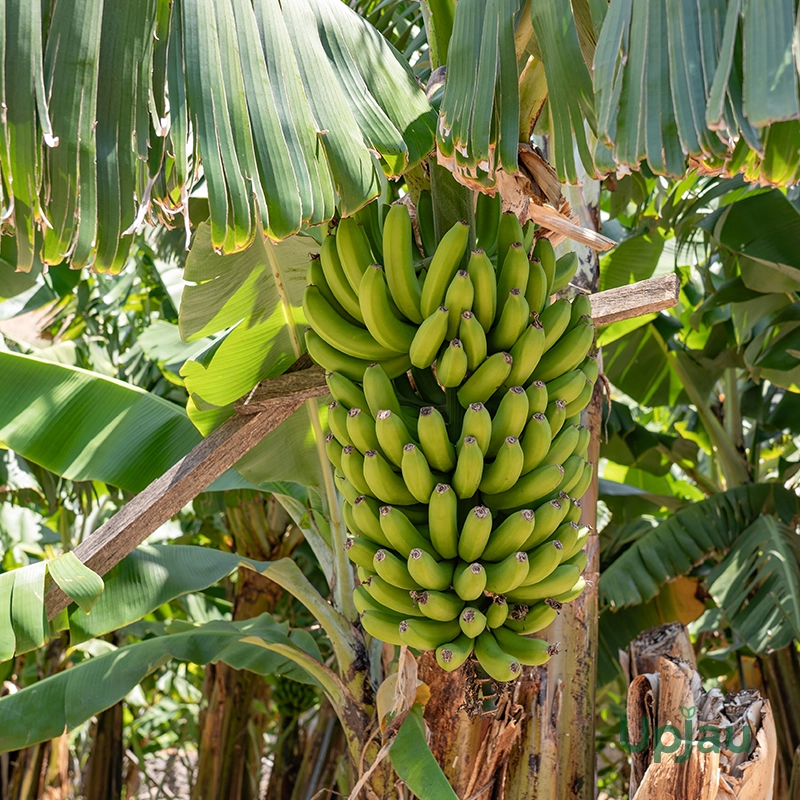
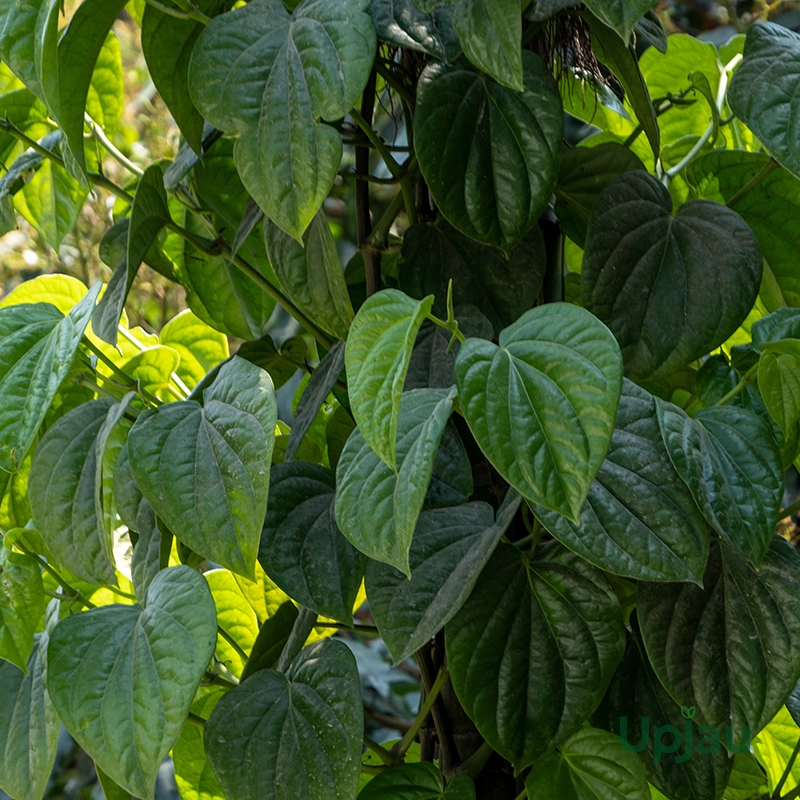
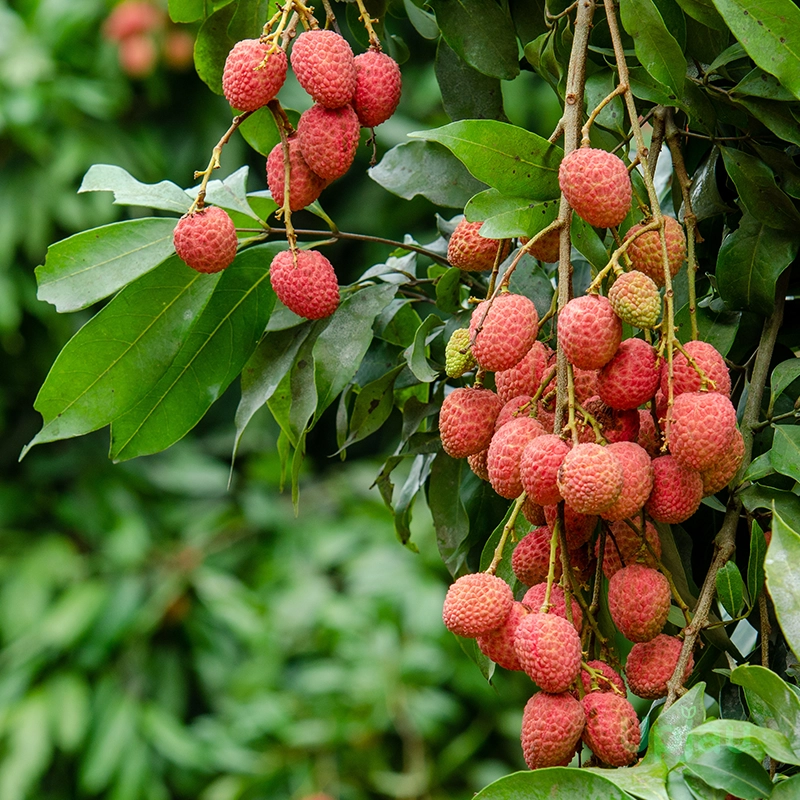

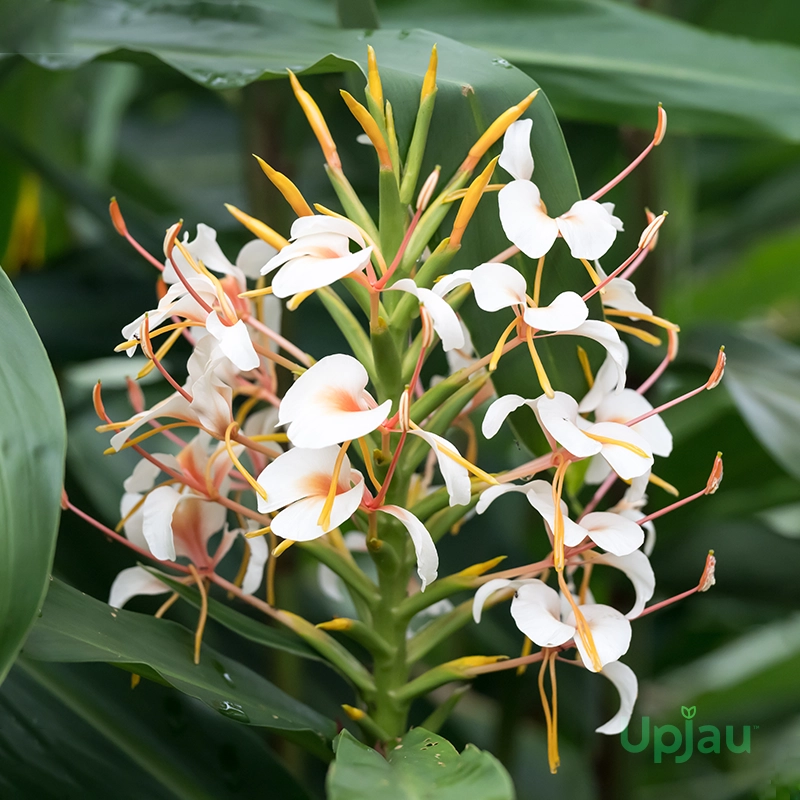
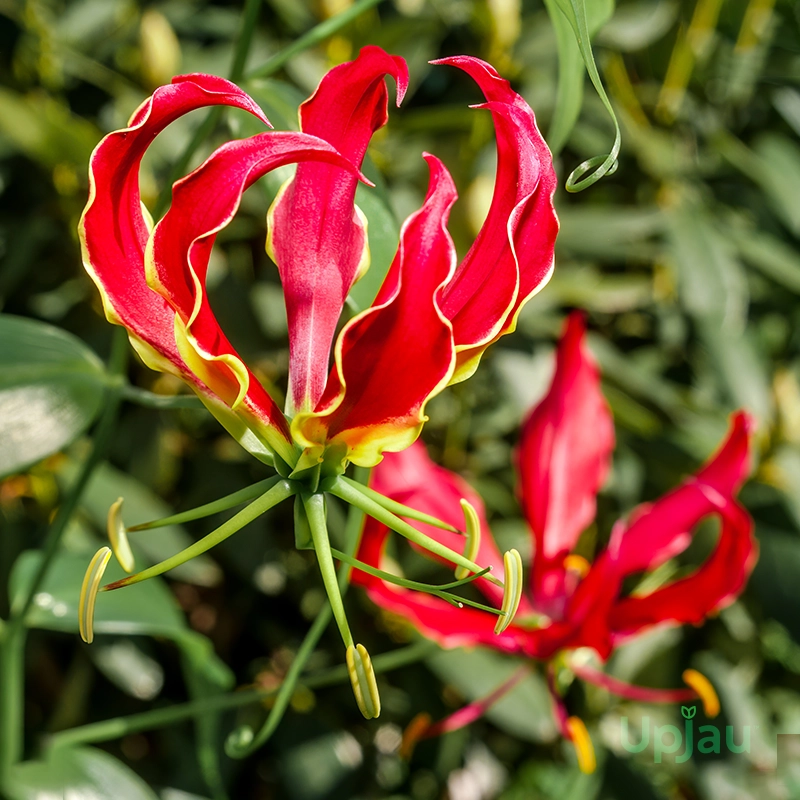


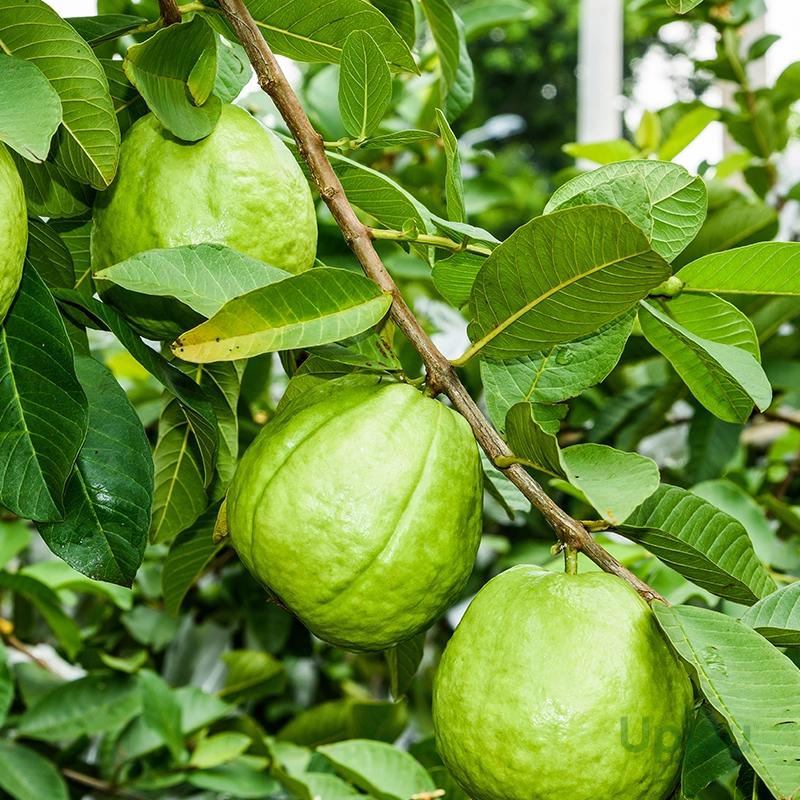


Reviews
There are no reviews yet.